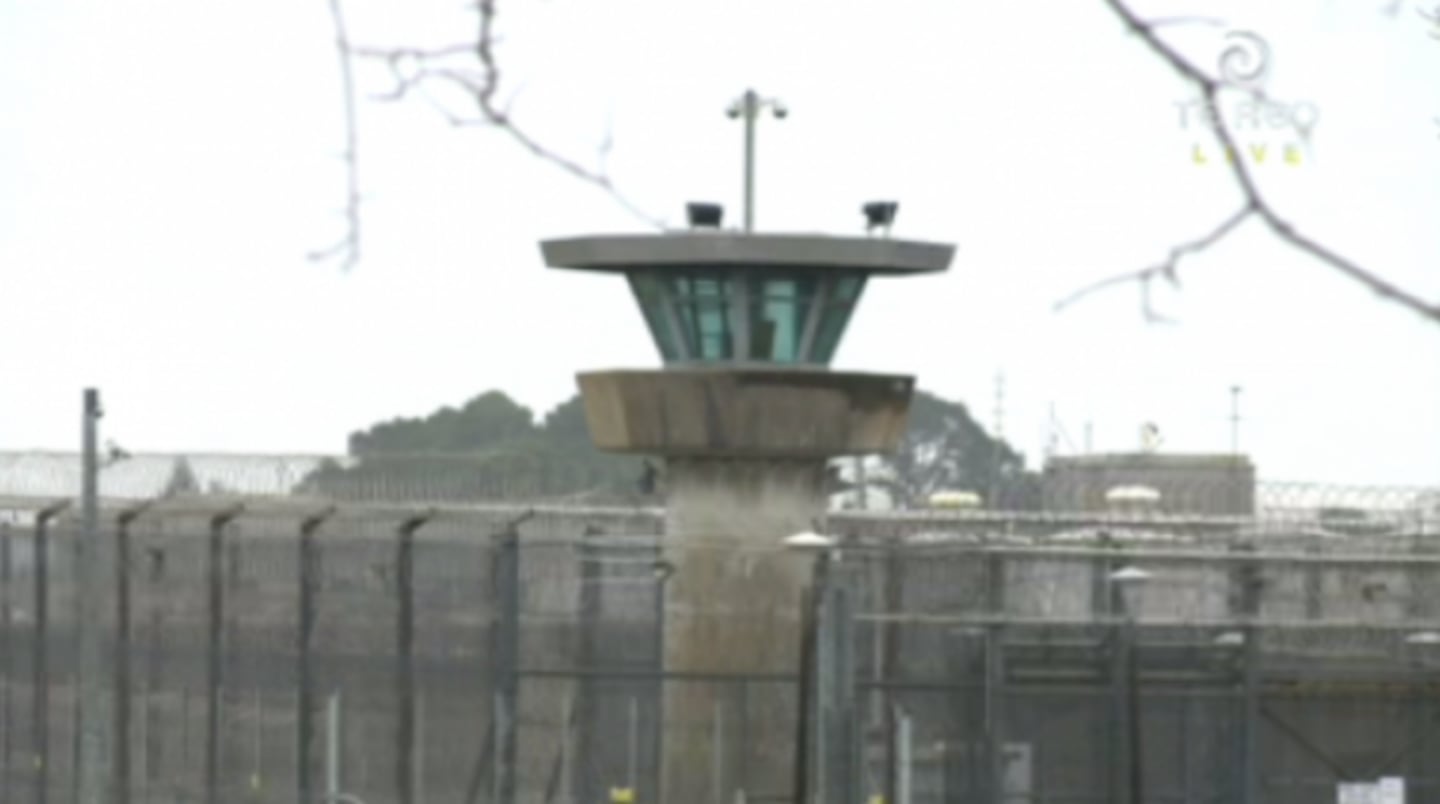The Office of the Inspectorate has released the first inspection report for the Department of Corrections’ Prisoners of Extreme Risk Unit.
The PERU unit is in Auckland with some of the extreme risks being violent extremism, convictions for terrorism, and some involved in transnational organised crime.
Chief Inspector Janis Adair acknowledges that the men need additional measures to be measured safely. However, the report found the conditions in the PERU are ‘overly and unnecessarily’ restrictive.
The inspectorate, while part of Corrections, is operationally independent.
“We found that all the men spent most of their time alone in their cells,” Adair says.
“None of the men were mixing with any other prisoners, and there were very few interventions that offered meaningful human interaction or constructive activities.”
‘Amounted to prolonged solitary confinement’
Adair says none of the men mixed with any other prisoners, and there were few interventions that offered meaningful human interactions or constructive activities and she expects Corrections to offer these.
Some of the men spent months or years in those conditions, which likely amounted to prolonged solitary confinement, she says.
She says many prisoners didn’t know what they could do to progress out of PERU to a less restrictive regime.
“We found the isolation and hopelessness experienced by the men was raised as a concern by mental health clinicians.”
Adair also expects Corrections to implement a robust assurance framework to provide safeguards to the men and the PERU decision-makers.
“I hope this report and its findings provides Corrections with important insights to consider how it might safely and securely manage those prisoners it considers pose the most significant risk, while giving proper regard for the impact of such a highly restrictive regime that separates individuals from others for prolonged periods of time,” she says.
Improvements planned
This inspection took place in July 2023 and makes 12 findings to inform the improvement of the unit by Corrections.
Corrections also released a list of changes it will make to try to improve the unit:
- providing additional training for staff working in PERU;
- increasing the range of rehabilitative, constructive and cultural activities offered to prisoners in PERU;
- increasing access to AVL (audio-visual links), supporting prisoners in PERU to have increased contact with family, particularly for those with family outside of Auckland; and
- establishing clinical multi-disciplinary team (MDT) meetings in early 2024, in addition to the PERU MDT meetings. These meetings would provide an opportunity for Corrections’ health professionals, including manager psychological services, the clinical manager mental health and the health centre manager to review and discuss the management and mental health of prisoners in PERU.




